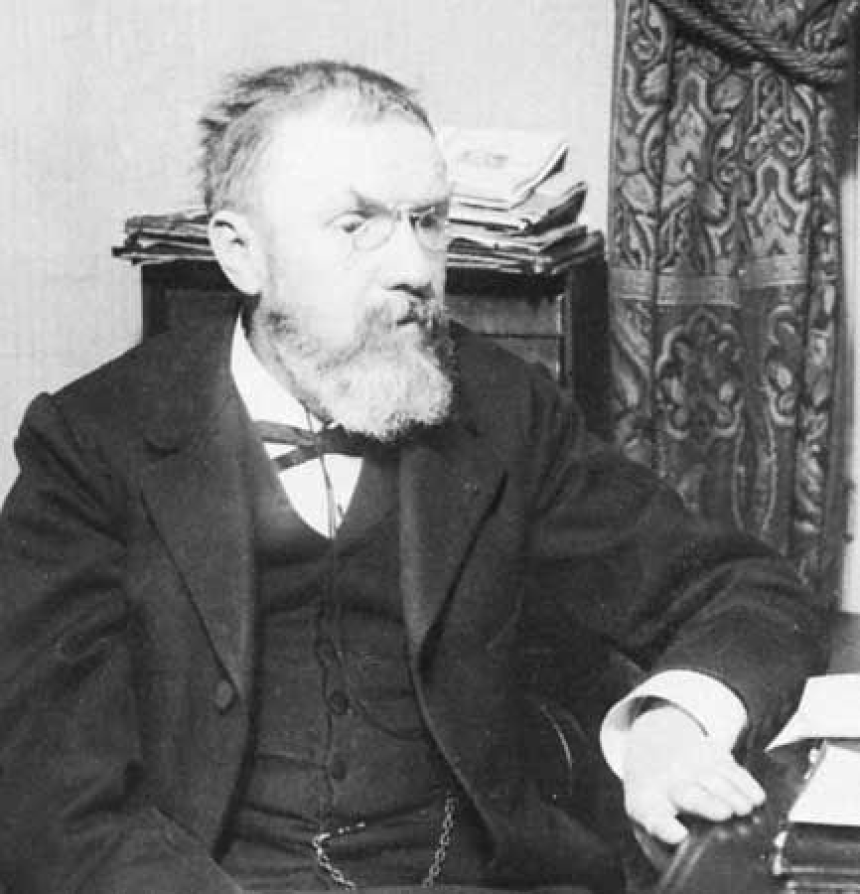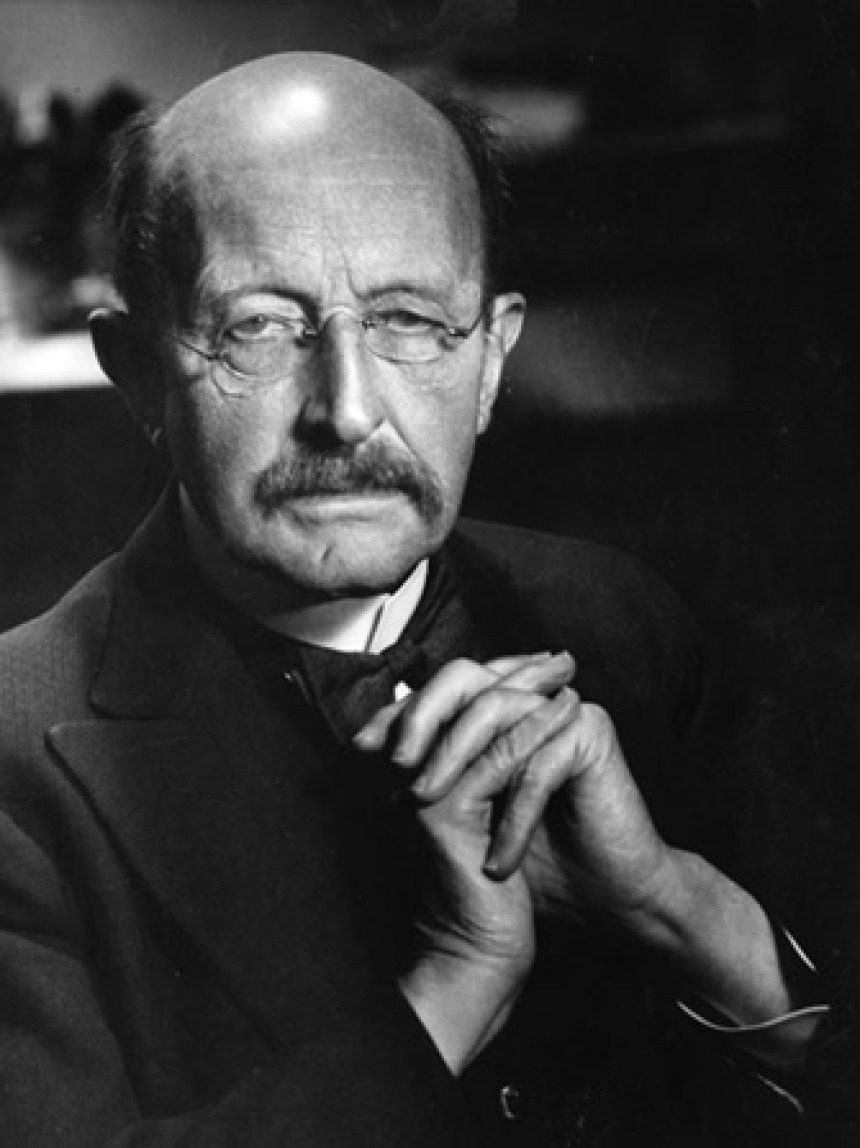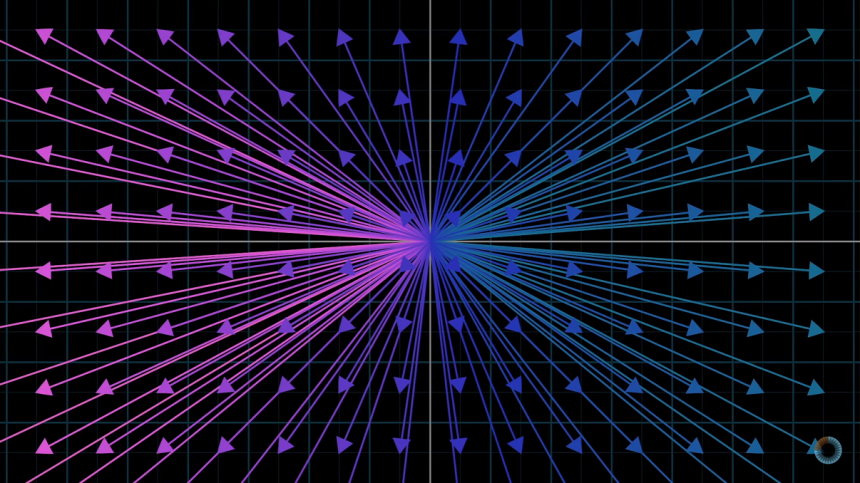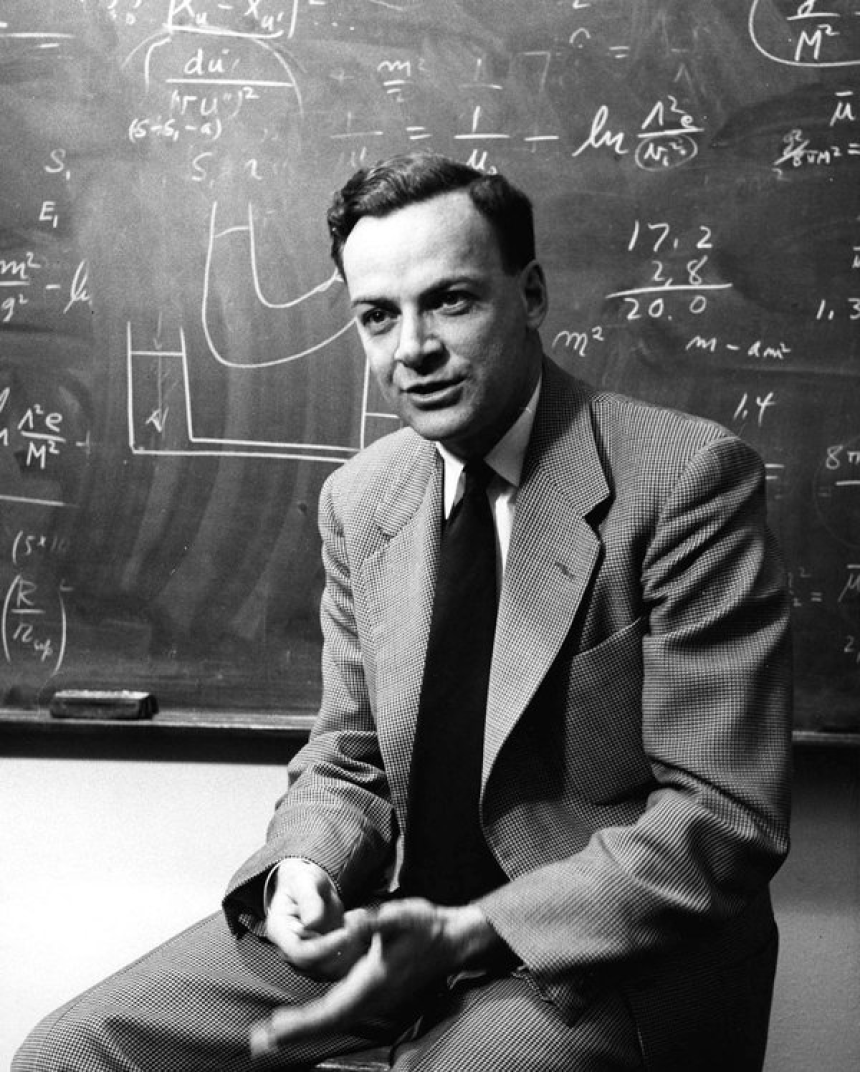
Henri Poincar
The Life and Achievements of Henri Poincaré
The Life and Achievements of Henri PoincaréHenri Poincaré was a French mathematician, physicist, and philosopher who made significant contributions to various fields of science during the late 19th and early 20th centuries. Born on April 29, 1854, in Nancy, France, Poincaré's work revolutionized our understanding of mathematics and its applications in physics, astronomy, and philosophy.
Early Life and EducationPoincaré came from an academically inclined family, with both his father and his uncle being professors of medicine. From a young age, he showed exceptional talent in mathematics and quickly gained recognition for his abilities. Poincaré attended the École Polytechnique in Paris, where he studied engineering, but his true passion lay in mathematics.
After completing his engineering degree, Poincaré pursued further studies at the University of Paris. He obtained his doctorate in mathematics in 1879 with a thesis on algebraic topology. This marked the beginning of his esteemed career as a mathematician.
Contributions to MathematicsPoincaré's contributions to mathematics are far-reaching and diverse. One of his most significant achievements is in the field of topology, where he introduced the concept of homology groups and formulated the Poincaré conjecture. This conjecture remained unsolved for over a century and was eventually proven in 2002, earning the mathematician international acclaim.
Poincaré also made substantial contributions to the field of algebraic geometry, where he extended the study of algebraic equations to higher-dimensional spaces. Additionally, he made important contributions to the theory of nonlinear differential equations, which have applications in physics and engineering.
His work in celestial mechanics and the three-body problem, which explores the motion of celestial bodies under the influence of gravitational forces, also garnered significant attention. Poincaré's insights paved the way for the development of chaos theory and have had a profound impact on our understanding of complex systems.
Interdisciplinary ApproachPoincaré's exceptional ability to bridge various disciplines, such as mathematics and physics, is what sets him apart as a scientist. He recognized the importance of integrating different areas of knowledge and believed that progress in science requires a multi-faceted approach.
This interdisciplinary approach is evident in his development of the Poincaré recurrence theorem, which states that any state of a mechanical system will return arbitrarily close to its initial state given enough time. This theorem encompasses ideas from statistical mechanics, dynamical systems, and probability theory.
Philosophical ContributionsPoincaré's work extended beyond the realm of pure mathematics, as he also made profound contributions to the philosophy of science. He was a prominent advocate of conventionalism, which challenges the notion of absolute truth in science and argues for the importance of human subjectivity and context in scientific theories.
Moreover, Poincaré's writings on the philosophy of mathematics shed light on the nature of mathematical knowledge and the process of mathematical discovery. He emphasized the creative aspect of mathematical thinking and the role of intuition in generating new insights.
ConclusionHenri Poincaré's brilliance and wide-ranging contributions have had a lasting impact on the fields of mathematics, physics, and philosophy. His work continues to inspire generations of scientists and mathematicians, and his interdisciplinary approach serves as a reminder of the importance of collaboration and integration in advancing knowledge.
Frequently Asked Questions (FAQs)1. What is the Poincaré conjecture?The Poincaré conjecture is a famous problem in mathematics that asks whether a simply connected, closed three-dimensional manifold is topologically equivalent to a three-dimensional sphere. It remained unsolved for over a century until it was proven by Grigori Perelman in 2002.
2. What are homology groups?Homology groups are algebraic structures used in algebraic topology to study the properties of topological spaces. They provide a way to differentiate between different types of holes and higher-dimensional features within a space.
3. How did Poincaré contribute to chaos theory?Poincaré's work on celestial mechanics and the three-body problem led him to discover chaotic behavior in dynamical systems. His insights laid the foundation for chaos theory, which studies the behavior of complex systems that are highly sensitive to initial conditions.
4. What is the interdisciplinary approach in science?The interdisciplinary approach in science involves integrating knowledge and methods from different disciplines to address complex problems. It recognizes the interconnectedness of various fields and promotes collaboration between scientists with diverse expertise.
5. What is conventionalism in philosophy of science?Conventionalism is a philosophical viewpoint that challenges the idea of absolute truth in science. It asserts that scientific theories and principles are human constructs and are subject to change based on societal conventions, contextual factors, and subjective interpretations.





